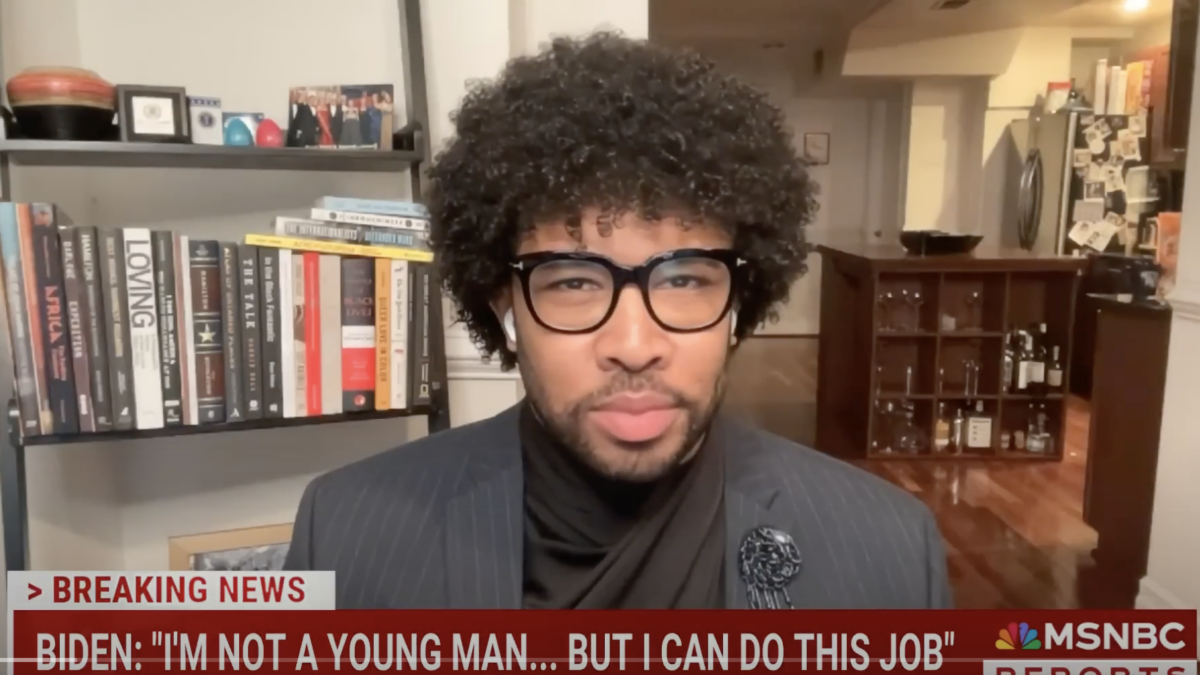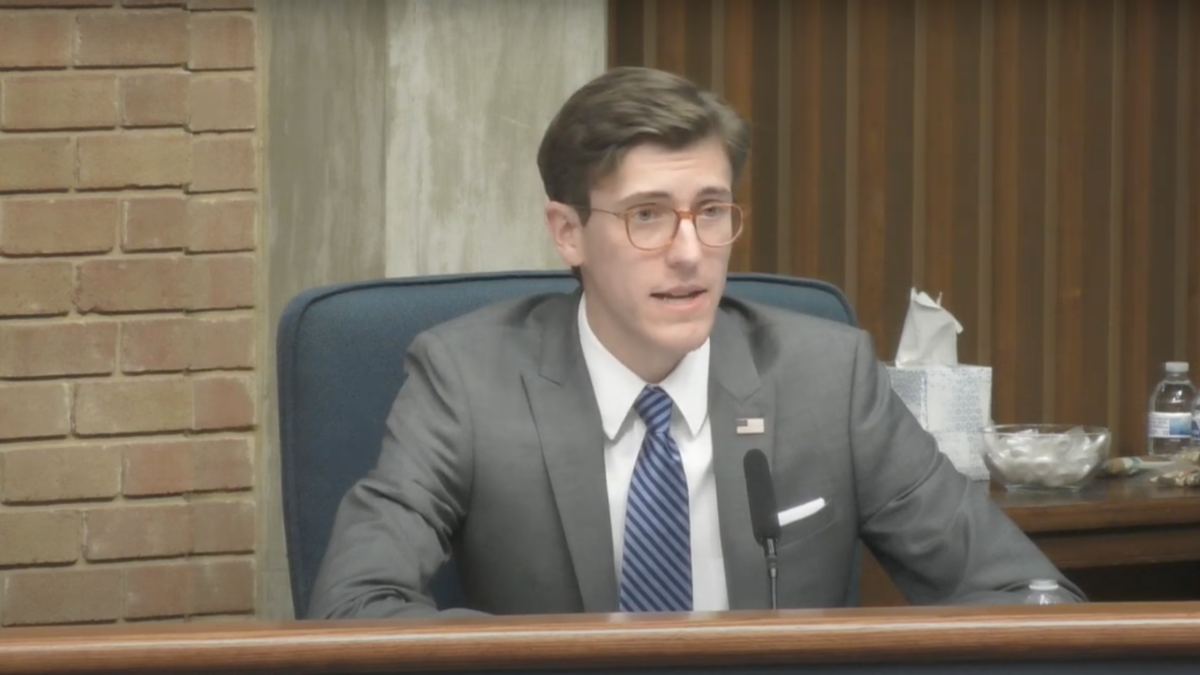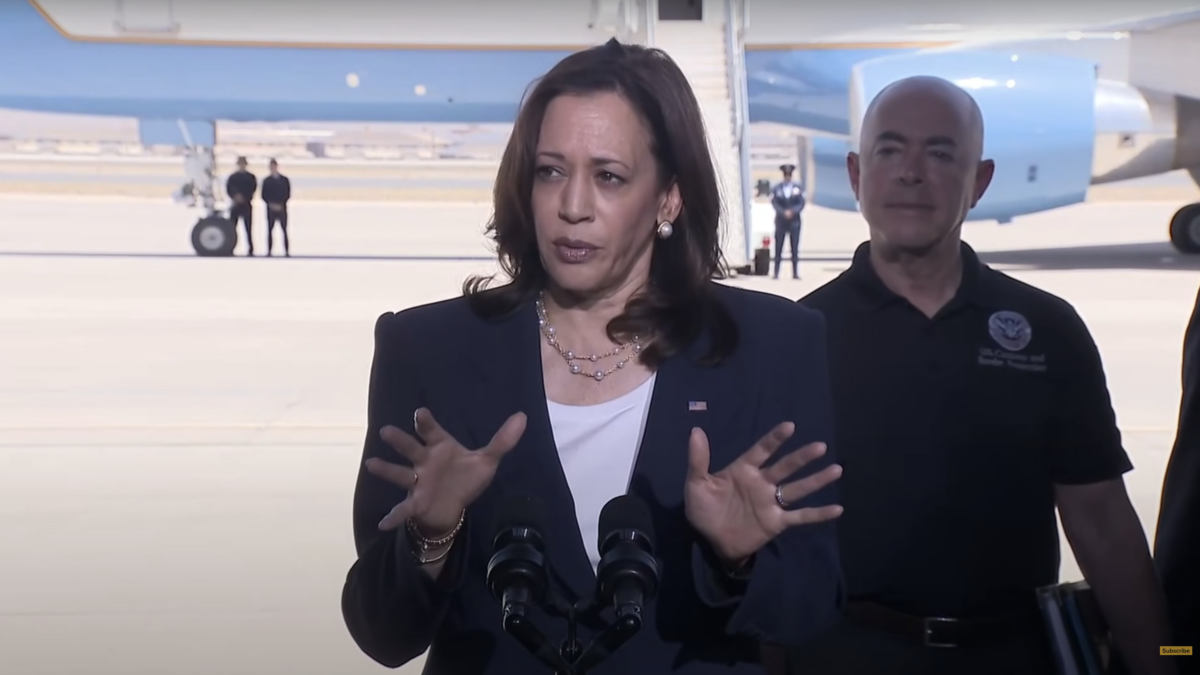Asking key questions about President Joe Biden’s absence following the Democrat’s exit from the 2024 presidential race via a letter posted to an X account over the weekend makes you a conspiracy theorist. At least, that’s what The Washington Post’s latest article alleges.
In an article published on Wednesday night, the publication best known for its incessant hoaxing and smearing claimed social media posts questioning why Biden was in hiding days after he allegedly decided to drop out of the upcoming election amount to “years of reality-bending messages from Trump and others on the right that have helped polarize the electorate and shaken Americans’ belief in a shared set of facts.”
It is neither crime nor conspiracy to inquire why the man responsible for leading the nation suddenly disappeared from the public eye shortly after he appeared to give in to Democrat demands for him to suspend his campaign. In fact, asking questions is the next logical step for Americans who were told by Biden and his team that he wouldn’t resign.
If the corporate media weren’t so beholden to advancing the Democrat Party’s agenda, they too would have a long list of questions about the president’s unavailability. Instead, The Washington Post claimed wonderings from former President Donald Trump and “top right-wing figures” about why Biden took his leave shortly after corporate media suddenly stopped covering up the president’s obvious cognitive decline “sow doubt” and “are poised to undermine faith in the coming election less than four years after such false conspiracy theories fomented a violent attack on the Capitol.”
One post included in the article came from The Federalist’s CEO, Sean Davis, who asked his social media followers on Sunday if it was a “coincidence” that Biden “didn’t drop out of the race until after the attempts to imprison and assassinate Donald Trump failed.”
There is nothing inaccurate or inappropriate about Davis’ statement and query, especially considering he is the CEO of a news organization that prides itself on asking questions corporate media refuse to ask. Despite rumors of the Democrat’s expected departure swirling weeks before, news of Biden’s retreat from the upcoming election only debuted after the attempted assassination of the former president.
Yet, The Washington Post’s Mariana Alfaro demanded in a comment request earlier this week that Davis “clarify” if he believes “Biden’s announcement is connected to the assassination attempt.”
The “temper tantrum” did not stop there. Another Washington Post employee by the name of Sarah Ellison reached out to Davis on Wednesday shortly before 6 p.m. Eastern demanding he explain his First Amendment-protected post.
“I’m wondering if you could explain what exactly it is you mean?” she asked. “I spoke to some researchers who study conspiracies and they said that tying these events together amounted to a conspiracy theory, but I want to make sure you have the opportunity to describe what you meant and also to respond to their statements.”
Ellison gave Davis less than an hour to respond to her demands for comment before her article, written in conjunction with Alfaro, went live.
When Davis did respond a few hours after Ellison’s initial comment request, he noted that she and the paper she represents “spread false and dangerous conspiracy theories” on social media and in the publication’s pages about targets of political violence, including Supreme Court Justice Brett Kavanaugh and Trump.
“Do you feel personally responsible at all for the violence directed at Kavanaugh given your participation in spreading those conspiracy theories?” Davis queried. “Are you concerned that your paper’s false reporting and dissemination of conspiracy theories has encouraged individuals to inflict violence on Trump or his supporters?”
Davis also pointed out that Alfaro “sent me a nearly identical e-mail earlier this week” but “did not acknowledge my response to her.”
“I can’t imagine it’s the policy of your paper to ignore responses you receive only to send new reporters to ask the same question over and over again until you get a quote you can slice and dice to smear your political enemies,” Davis concluded.
In her reply, Ellison claimed she was unaware that her article co-author had sent Davis the same questions earlier in the week.
“You didn’t realize the person you shared a byline with on your absurd hit piece emailed me and received a response two days ago?” Davis asked. “You cannot possibly be serious with that nonsense. Revise that excuse and resubmit when you can demonstrate at least a modicum of effort to come up with something believable.”
Ellison’s revision never came. Instead, she had already published her article, which accused Davis and others of using their platforms to fuel falsehoods, without any of his responses. After The Washington Post’s performance this week, it’s no wonder 8 in 10 Americans don’t trust corporate media to do their jobs and report facts.







